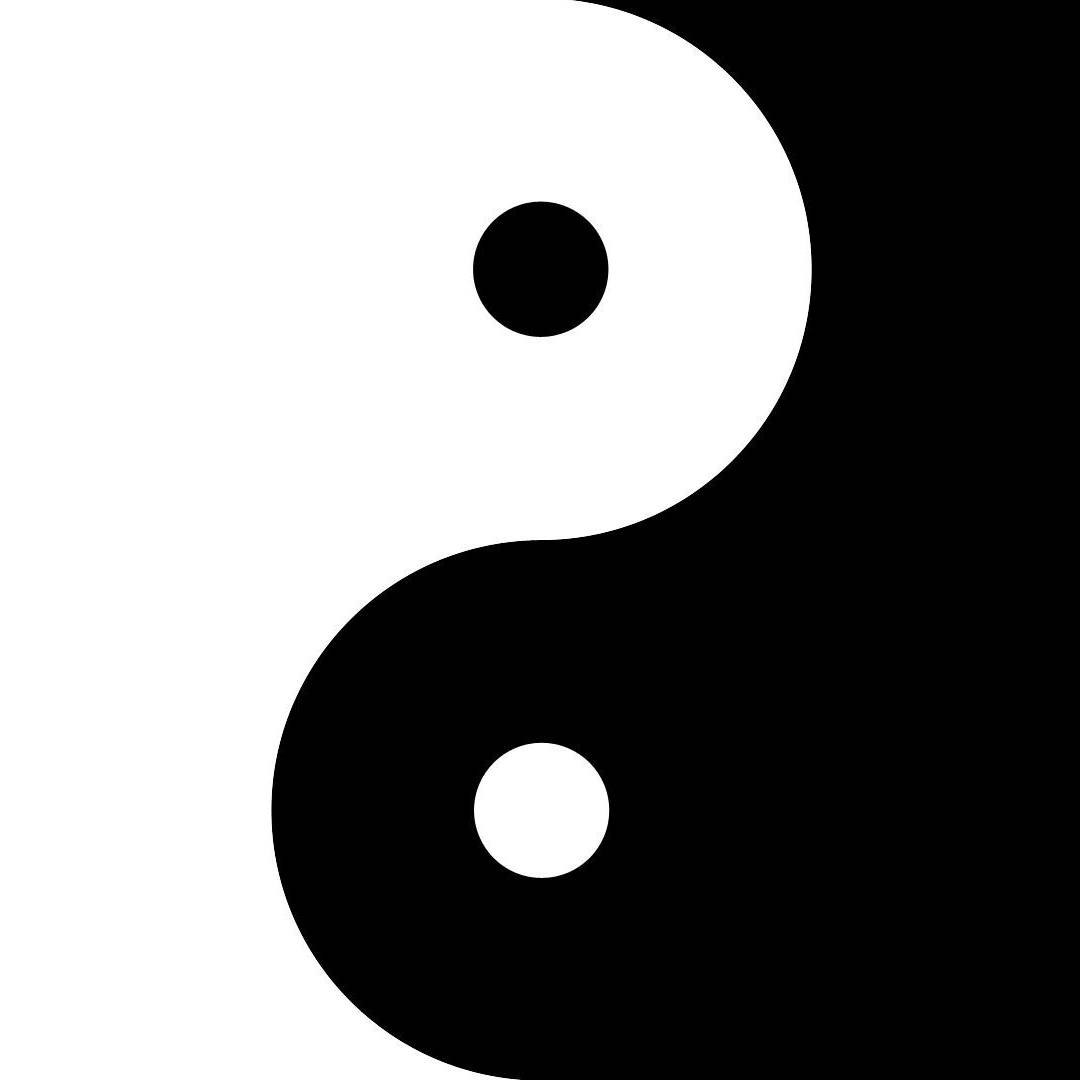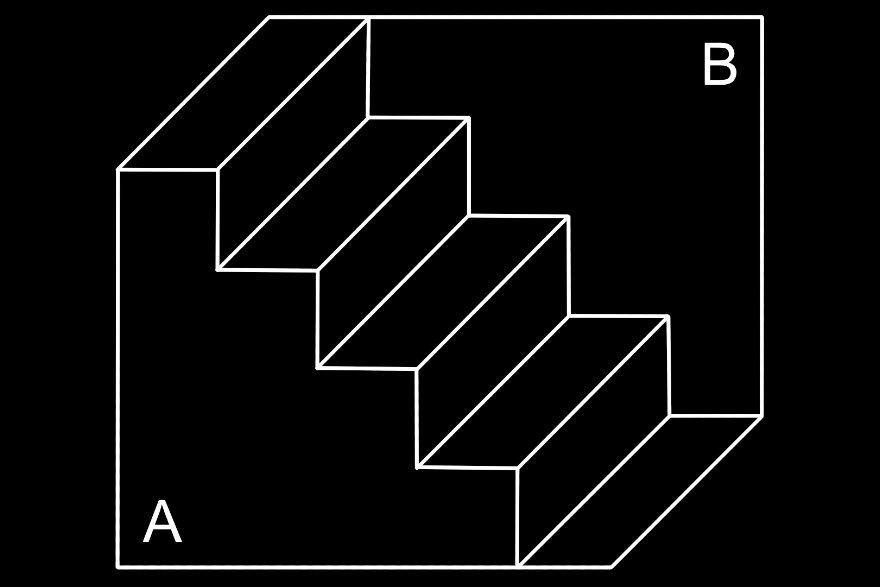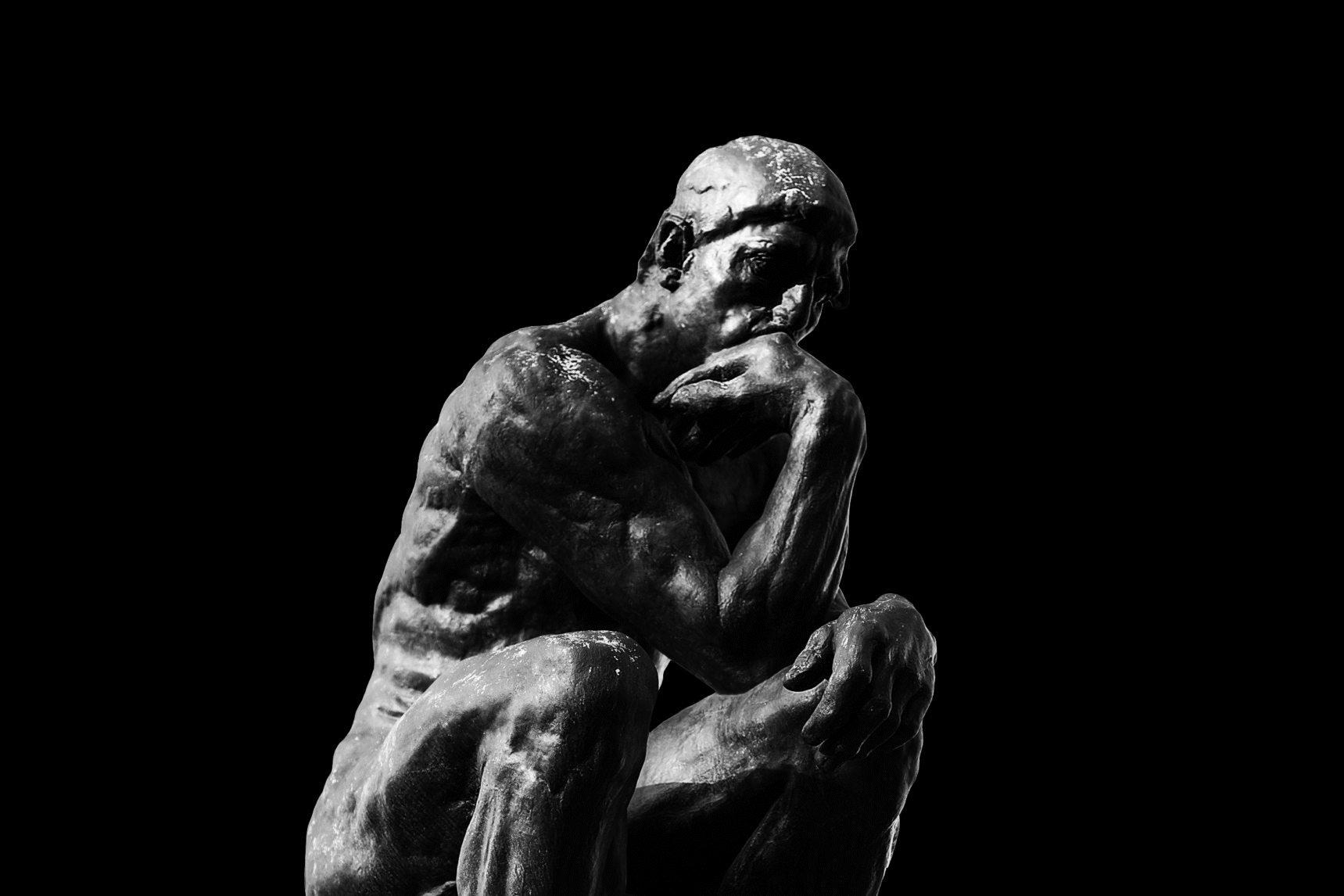When you change the way you see things, the things you see change! -Wayne Dyer-
This quote is one of my favourites as it so elegantly describes the insight and wisdom of how our outlook, mindset and perceptions shape our reality.
There is no one objective world or one reality, but a subjective number of infinite possibilities. Insight is a very personal interpretation and unique to an individual. It is one of the most important elements in changing anything in our own lives. How we see things, ourselves and the world around us shapes the way we move, think, feel and act. This insight has been shared by countless cultures throughout history, yet it remains incredibly relevant today. Our worldviews, the lenses through which we see everything, significantly influence our lives. They determine how we interpret our circumstances, make decisions, and interact with others.
Influence
The way we see things often becomes the way we live. Our thoughts create our reality through a simple process: Thoughts lead to choices, which lead to behaviours, resulting in experiences and emotions. These emotions, in turn, influence our thoughts, creating a cycle that can either propel us forward or trap us in negativity. If our worldview is rooted in fear, doubt, or scarcity, our actions and experiences will reflect that. On the other hand, cultivating a worldview based on love, abundance, and curiosity can open doors to new opportunities, joy, and connection.

'If you awaken from this illusion and you understand that black implies white, self implies other, life implies death, - or shall I say death implies life - you can feel yourself – not as a stranger in the world, not as something here on probation, not as something that has arrived here by fluke - but you can begin to feel your own existence as absolutely fundamental.'
- Alan W. Watts -
Awareness
However, it’s not always easy to recognise these cycles. From childhood, we begin to mimic the ways of seeing and being modeled by our caregivers and communities. Whether consciously or unconsciously, we internalise the beliefs and perspectives of those around us. These deeply ingrained habits of thinking shape our worldview. The challenge, then, is to question these inherited views. Are they serving us? Are they helping us grow, or do they hold us back?
In the early stages of life, our worldview is largely influenced by the people around us, especially our caregivers. Their actions, behaviours, and attitudes serve as the foundation for how we understand the world. If we grow up with positive, healthy role models, this phase of development becomes constructive. On the other hand, if we are surrounded by unhealed or unconscious individuals, we may internalise their fears and insecurities, which can affect our own perceptions of life. As we grow, we realise that no role model is perfect and everyone is fighting their own internal battle, in some shape or form. This realisation, though a tough fall from grace, is a crucial part of personal development – it teaches us that we are all human and that imperfection is part of the journey. This phase is often followed by a deeper exploration of how we can change our own perspective.
The next stage in this journey is learning to “steal like an artist”—an approach that involves collecting fragments of wisdom, qualities, and behaviours from various sources. Here, we don’t mimic a single role model entirely; instead, we create a collage of influences that help shape our worldview. We might borrow inspiration from different people, places, and even from nature itself. This phase is about experimenting with different patterns of thinking and being, creating a personalised framework for how we see the world.
What would you see, if you weren't taught what to see?
Fluidity
The final stage of this evolution involves a deepening of self-awareness and critical thinking. At this point, we begin to question the very frameworks we have adopted and reflect on their origins. We move away from rigid, fixed views and instead embrace a more fluid and dynamic approach to life. This fluidity enables us to evolve in response to new experiences, without being overly attached to one particular worldview. This stage is about releasing old, limiting beliefs and embracing the idea that our perspectives are constantly evolving.
Personal maturity and the maturation of our worldview go hand-in-hand. As we become more aware and reflective, we not only grow as individuals but also influence those around us. This maturity—fueled by curiosity, critical thinking, and compassion—allows us to become positive role models for others and become fuller, more balanced versions of ourselves.
What world view would you choose and adapt into life? Hypnosis can help you to shift your perspective and integrate new ways of thinking.
lucidsun.org
Related Posts
17 November 2025
IS HYPNOTHERAPY RIGHT FOR YOU?
In short - when you are ready for change, you are ready for hypnotherapy!





